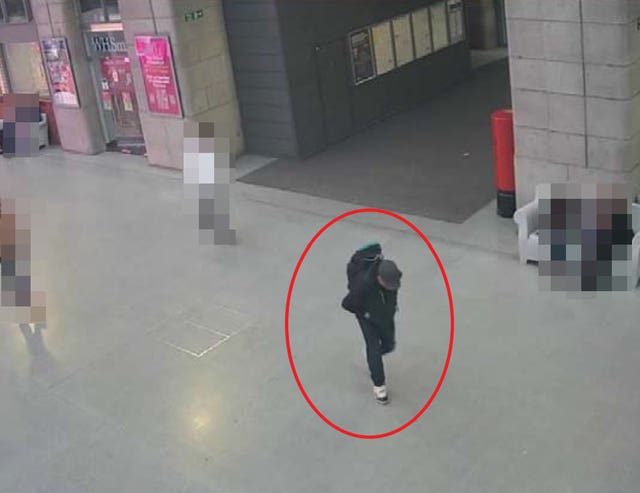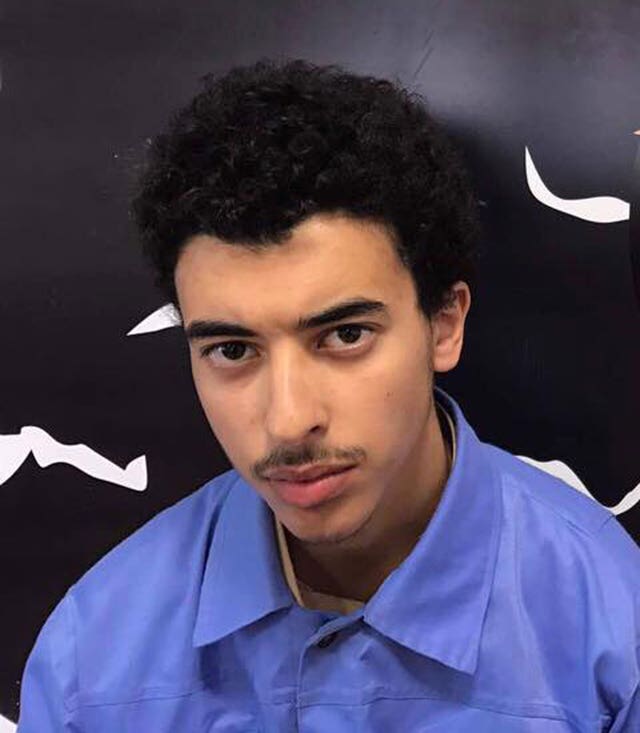
Survivors of the Manchester Arena bombing are to appeal against a High Court ruling not to grant them a formal role at the forthcoming public inquiry into the terror attack.
Lawyers for more than 50 people injured in the May 2017 explosion had applied for a judicial review of the decision by inquiry chairman Sir John Saunders not to give them core participant (CP) status.
If successful, it would have allowed them, through lawyers, to obtain disclosure of evidence in advance, challenge evidence and participate in lines of inquiry.

But last week, judges at the High Court sitting in Manchester ruled their application had failed because it was out of time.
Dame Victoria Sharp, the president of the Queen’s Bench Division, added: “We would in any event have refused permission to apply on the ground that the claim itself is not arguable.”
On Monday, Paul Greaney QC, at the seventh preliminary hearing ahead of the Arena public inquiry, said the survivors’ group have now said they intend to appeal over the decision.
Mr Greaney, counsel to the inquiry, said: “By an email to the court timed at 3.35pm on July 10, the claimants’ counsel indicated that they sought permission, or at any rate purported to seek permission to appeal.
“What impact this has on the inquiry, remains to be seen. It will undoubtedly divert the resources of the inquiry team, we are determined to do all we can to commence the oral evidence hearing on September 7.”
A total of 600 adults and 340 children were injured in the blast.

Survivors have been told many will give evidence at the inquiry, and were being encouraged by lawyers for the public inquiry to raise any issues.
But Brenda Campbell QC, acting for the survivors, told last week’s High Court hearing it was “fanciful” they could take part without proper legal assistance.
Among those already granted core participant status are the bereaved families of the 22 people killed in the explosion, along with Greater Manchester Police, Greater Manchester Fire and Rescue Service, the NHS and commercial bodies related to the Manchester Arena.
During Monday’s preliminary hearing, lawyers discussed largely procedural matters in preparation for the start of the public inquiry on September 7 – to be held at Manchester Magistrates’ Court.
The inquiry also heard a further application for core participant status, so he can be represented by lawyers, from an employee of Showsec, the firm responsible for security and crowd management at the Arena.
The individual, the hearing was told, who was working in the City Room at the Arena, where the attack took place, was involved in “interaction” with the bomber Salman Abedi and is the subject of “express and significant” criticism and will be subject to “most close scrutiny” at the inquiry, Mr Greaney said.

Suicide-bomber Abedi, 22, detonated a rucksack bomb in the foyer of the arena, known as the City Room, at the end of an Ariana Grande concert on May 22 2017, killing 22 bystanders and injuring hundreds more.
His brother, Hashem, 23, was convicted in March of murder and attempted murder and is yet to be sentenced.
A further preliminary hearing, to deal with anonymity orders and how evidence from MI5 and the security services will be given at the full inquiry, will be discussed on July 23.


Comments: Our rules
We want our comments to be a lively and valuable part of our community - a place where readers can debate and engage with the most important local issues. The ability to comment on our stories is a privilege, not a right, however, and that privilege may be withdrawn if it is abused or misused.
Please report any comments that break our rules.
Read the rules hereLast Updated:
Report this comment Cancel